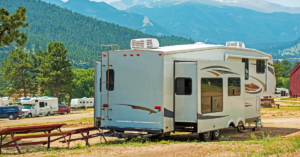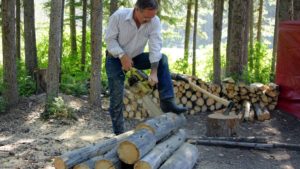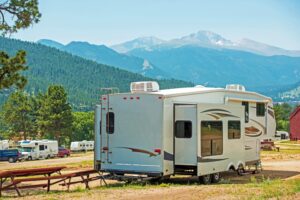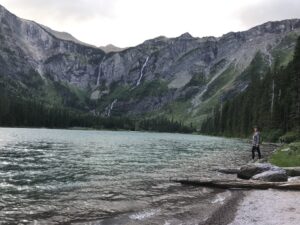Tag: Workcamping
-

Workamping: A Day in the Life of...
Have you ever thought about hitting the road and quitting your full...
Continue Reading -

38 State Parks for Camp Hosting &...
Camp Hosting is one of the most famous types of jobs for...
Continue Reading -

20 Questions to Ask Work Camping Employers
Work Camping jobs are a little different and by those same standards,...
Continue Reading -

Different Types of Workcamping Jobs
From State & National Parks, which always seem to be hiring the...
Continue Reading -

What To Know Before Your First Work...
Wondering what exactly what you need to know before your very first...
Continue Reading -

Workcamping and Taxes: Tax Implications of Trading...
Workcamping and Taxes: Tax Implications of Trading Labor for RV Campsites was...
Continue Reading -

Finding Seasonal Work From Your RV
Finding Seasonal Work From Your RV was originally published on www.xscapers.com We...
Continue Reading








